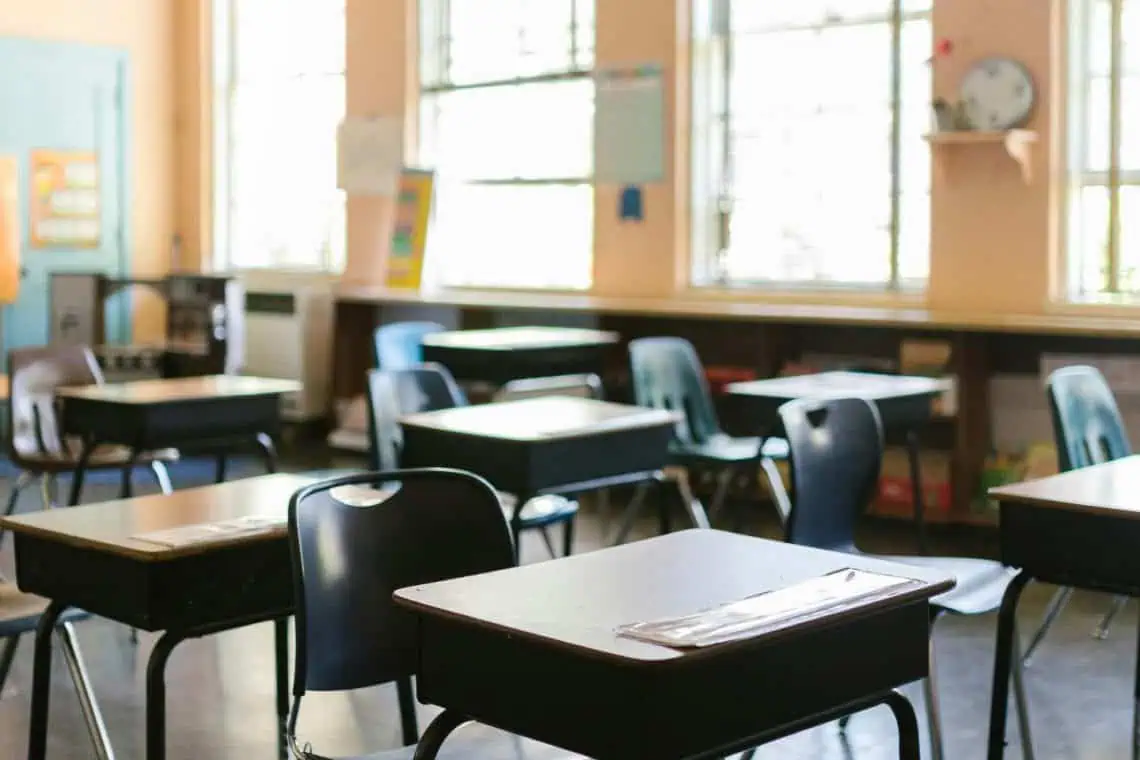Alarming allegations of sexual abuse have rocked JS Skenjana Senior Secondary School in Dutywa, Eastern Cape, prompting a formal investigation by the provincial Department of Education. Basic Education Minister Siviwe Gwarube has confirmed that a criminal probe is underway, underscoring the seriousness of the claims and the urgent need for accountability. The case raises critical concerns about safeguarding learners and the effectiveness of South Africa’s education system in protecting them.
Background on the Sexual Abuse Allegations
The allegations gained prominence after a former learner posted a viral video describing a longstanding “rape culture” at the school, with claims that male teachers sexually abused and impregnated female students. Reports suggest such abuses have been ongoing for years, with some teachers allegedly exploiting learners since at least 2016. Victims were reportedly silenced through expulsions and other cover-ups.
One former learner, Oyena Mniki, shared that her friend was impregnated by a teacher. Despite reports to the South African Democratic Teachers’ Union (SADTU) and the Education Department, no effective action followed. Additional allegations involve drug sales near the school premises, further endangering learners. Similar cases have also surfaced at nearby schools—including St John’s College, St Patrick’s High, and Ngangelizwe High—where teachers stand accused of rape, harassment, and even forcing learners into abortions.
The Ongoing Investigation
In response to mounting public pressure, the Eastern Cape Department of Education launched an investigation, appointing an independent team from outside the district to ensure impartiality. Previous complaints were widely believed to have been ignored or mishandled. The probe, led by labour services, involves collaboration with the Departments of Social Development, Health, and the South African Police Service (SAPS). Their efforts include awareness drives, psychosocial support for learners, and evidence collection.
Department spokesperson Malibongwe Mtima stated that the investigation will conclude swiftly, with the goal of creating safe schools. The School Governing Body (SGB), chaired by Siphe Mnyani, expressed deep concern and stressed the need for justice once findings are released.
Minister Gwarube Confirms Criminal Probe
Basic Education Minister Siviwe Gwarube has confirmed that a criminal investigation is in progress. She emphasized that schools must be safe spaces, free from predatory behavior. Gwarube highlighted the legal obligation under South Africa’s Children’s Act for educators and officials to report suspected sexual offences against children, stressing that failure to do so constitutes a criminal offence. She has requested the Acting Minister of Police to prioritize the matter and vowed to strengthen systems of detection, reporting, and accountability.
Her comments follow a broader crackdown on misconduct in schools across the province. Earlier this year, nearly 30 educators were implicated in sexual offences, highlighting the systemic scale of the problem.
Community and Political Reactions
The allegations have triggered widespread outrage, with hundreds of parents and learners in Dutywa staging protests to demand accountability. The ANC Youth League (ANCYL) in the Eastern Cape condemned the scandal as part of systemic child abuse, calling for urgent intervention from SAPS and the Department of Basic Education. ANCYL spokesperson Ziyanda Vuso urged community mobilization, marches, and stronger action against school principals accused of cover-ups.
The United Democratic Movement Youth Vanguard (UDMYV) also demanded immediate justice, including stronger policing, victim support, and mandatory educator training on abuse reporting. Education MEC Fundile Gade strongly condemned the acts, calling for arrests rather than internal disciplinary measures, and urged communities to report abuse directly to authorities.
Implications for School Safety and Accountability
The scandal at JS Skenjana underscores troubling gaps in South Africa’s school safety protocols and accountability systems. Similar allegations at Bonkolo Senior Secondary School in 2023 already revealed systemic failures in responding to complaints. Children’s rights activist Petros Majola has pointed out that learners often lose trust in authorities after ignored reports and intimidation by teachers, which perpetuates abuse.
The case highlights the urgent need for enhanced training for educators, stricter enforcement of mandatory reporting laws, and stronger interdepartmental collaboration between education, health, and law enforcement. As Minister Gwarube emphasized, protecting learners is fundamental to upholding their right to education. The outcome of this investigation may set a precedent for how South Africa addresses similar cases in the future.
As the investigation continues, communities, parents, and learners are demanding not only justice but also long-term reforms to ensure that schools remain places of growth, not fear.
